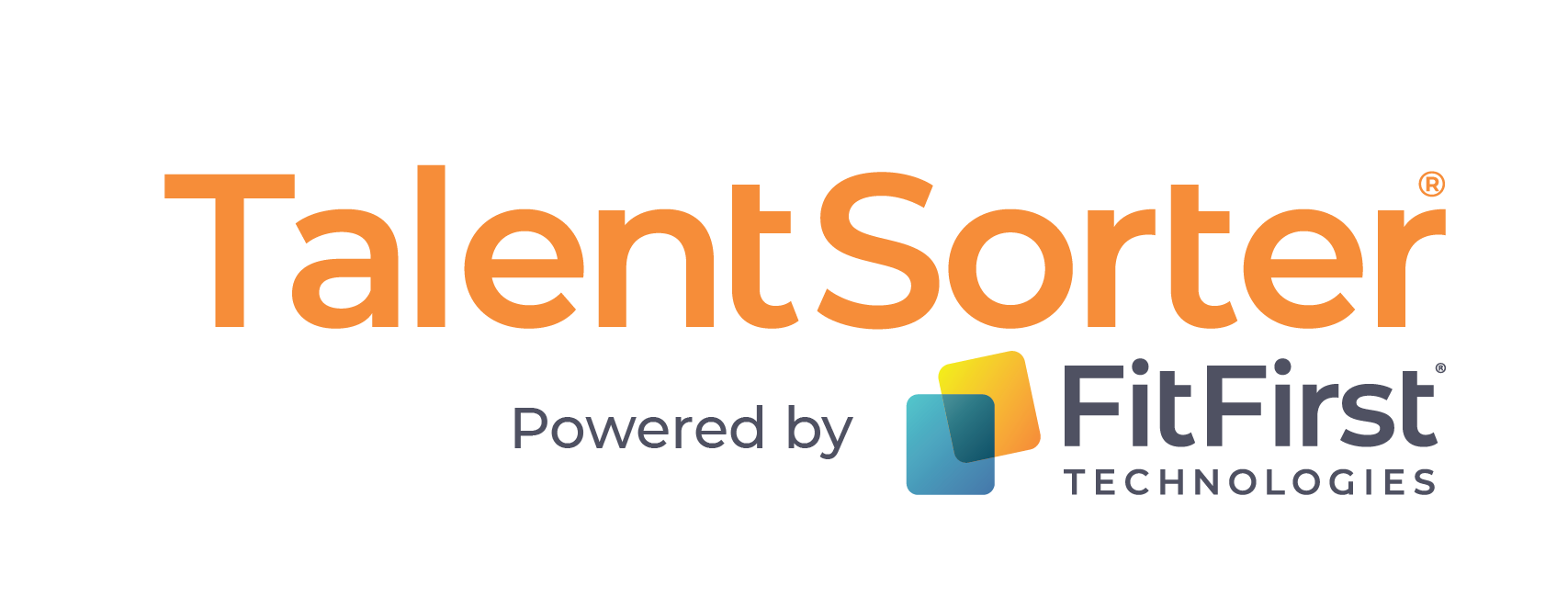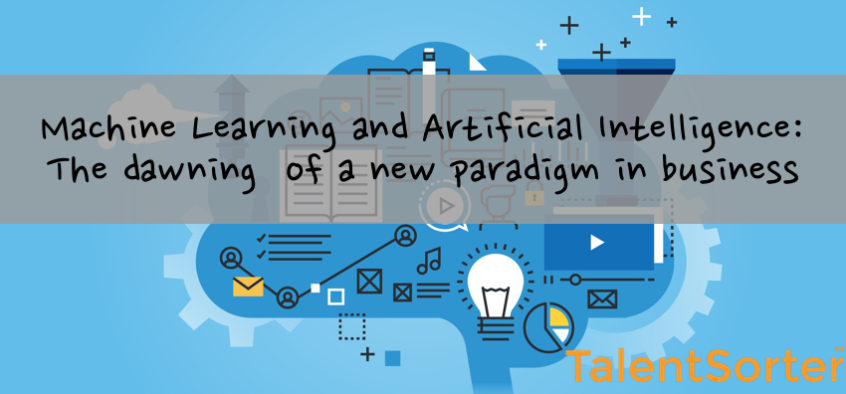The odds are that Amazon knows more about your Significant Other’s preferences than you do. That doesn’t make you inattentive, regardless what he or she might say; it makes you human.
Algorithms and machine learning (where computers observe your behavior and form a constantly evolving picture based on your activity and the decisions you make, and then make predictions about what you’re likely to do next, regardless whether you have even formed the idea yet or not) are showing up everywhere.
Amazon uses Artificial Intelligence (AI) to suggest what you might like to buy next, based on previous browsing and purchasing patterns. Google and Facebook serve up ads based on what you read, what you search and post, and where you have been both on- and off-line. Now even IBM is getting into the act, in a very big way.
And this one’s a biggie.
When most of us think of IBM and the Watson project, we tend to think of the supercomputer that played Jeopardy! a few years back. It was a big deal at the time, testing assumptions about how well a computer could apply ‘judgment’ (an essentially human capability) to decisions. The twist was that the algorithms had to teach Watson how to think like a human, only better.
Watson would need to be able to make the same contextual assumptions and interpretations as we do when faced with a question (we humans have the edge in the ‘fuzzy logic’ department because we do it, literally, without even thinking) and then lean into its reserves of ‘perfect knowledge’ – all the research and factual information available in databases (where Watson had the edge over fellow contestants) to play the game.
How much of the time Watson was really playing on ‘his’ own, and how much was ‘artificial, artificial intelligence’ (humans pushing buttons to prompt him at the right time), we’ll never know. What was interesting to me, though, was that the humans competing against Watson, won. The first time.
The second time, AI dominated. Watson had learned from experience, and upped ‘his’ game.
That’s the piece about machine learning that holds so much promise for some, and poses such a risk to privacy and ‘humanity’ to others. As with any tool or technological development, whether it is a blessing or a blight depends on the person holding the tool.
Interestingly, Watson has recently entered a new space: Candidate Recruitment. By scanning and synthesizing a staggering number of stats and noticing patterns, Watson can help an employer decide where to post an ad in which market, identify how big the candidate pool is likely to be, and even how to position the opportunity and to whom. Cool.
Watson is now learning how to infer things about us, based on text. Things we post in the public domain – in blogs, the comments we make on Indeed, and so on – tell Watson lots about our personality. This has become so sophisticated, in fact, that IBM has launched a product that will scan text an individual has written and pretty much nail their core personality traits in the ‘Big 5’ model (Conscientiousness, Agreeableness, Extraversion, Openness and Stability).
Yes, Watson can peer into your soul based on the things you comment on and the words you use, and predict reasonably accurately how you will respond to certain triggers. We are all essentially lab rats.
All of which opens the door to a whole new set of tools for marketers and others (political parties, perhaps?), to tailor their messaging so it will be more appealing to each individual viewing it. Think about it: a website or a marketing campaign that serves up completely different messaging and imagery, based on the inferred personality of the visitor.
A little too ‘Big Brother’ for your taste? Maybe so, maybe not.
Watson is a little ‘out there’, on the bleeding edge of AI and predictive tech. And, I imagine, the market will determine what Watson focuses ‘his’ attention on; IBM is, of course, a commercial venture and Watson is a valuable product.
And while ‘he’ is an extreme application of machine learning, there are many other ‘milder’ versions of AI and cognitive/behavioral science coming into vogue, that deserve their place in the dawning ‘Golden Age’ of applied technology. Like it or not, computers are a lot more attentive to the detail (and objective) than any of us humans.
Back to hiring… there’s a growing assortment of employment assessment tools and other job-matching products in the marketplace, some of them very good and many misguided and misapplied. The Watson debate begs the question, though: can an algorithm help you decide who to look at first out of a stack of applicants, based on their likely fit in the job?
You bet.
Can it help you ask the right person the right questions, so you (and they) are more likely to get what you need out of the interview? Unequivocally.
Should an algorithm be used to override human judgment, or in its place? Never. But it can save you a lot of time and trial-and-error by guiding you to the candidates most likely to fit in and succeed.

